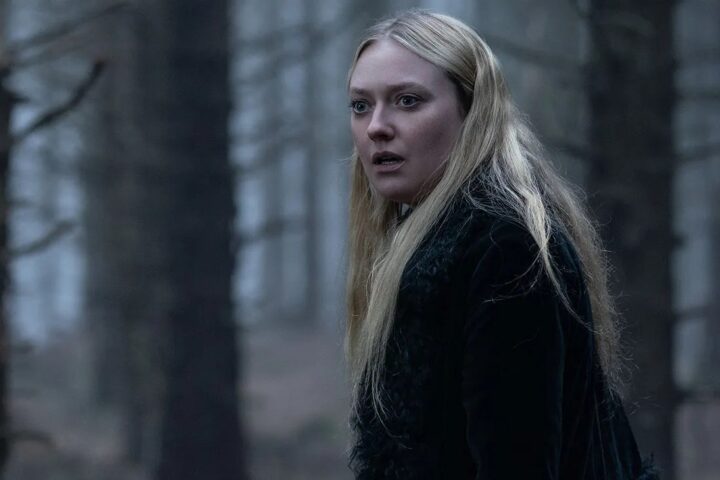Gabriela Cowperthwaite’s new documentary, The Grab, begins with a former U.S. intelligence officer calmly declaring that, no, he doesn’t think the prospect of a third world war is all that improbable. Over the course of two riveting hours, the film then proceeds to outline with crystalline clarity exactly why that’s the case.
Back in 2014, a journalist at the Center for Investigative Reporting named Nate Halverson began working on a story about the takeover of Smithfield Foods, the world’s largest pork producer, by a Chinese company. It was clear from the off that there was more to this deal than immediately met the eye: Not only was it the largest deal of its kind ever conducted, but a little digging revealed that it was effectively being undertaken at the behest of the Chinese government. A foreign state had just claimed ownership of around a quarter of America’s pork supply, and they weren’t the only ones spending vast sums of money in a bid for food security.
From here, investigation conducted by Halverson and his colleagues takes us all over the world. In Russia, American cowboys are being hired to improve the country’s cattle stock. In Africa, private military companies are forcing people off the land they’ve lived on for generations. And in Arizona, wealth funds from Saudi Arabia are buying up huge portions of farmland and pumping the groundwater from it so furiously that the locals find their own wells drying up.
It’s a testament to the precision with which The Grab delivers each new piece of information that we never feel lost, even as the web of connections sprawls out over the globe, sometimes linking events that occurred decades apart. Even with a genial figure like Halverson guiding us confidently through each new stage of the investigation, it becomes clear that we’re entering some very dark waters. The future, the film suggests, will be a global battle for each nation’s food security and the water necessary to maintain it. And that battle has already begun.
The documentary also calls on an extensive list of expert witnesses to back up its case. We hear from everybody from four-star naval generals and former undersecretaries of state to private military contractors who explain the work they undertook in Africa in shockingly unvarnished terms. “I was hired to overthrow the regime,” one of them claims, with a nonchalance suggesting this was the sort of work experience you might find on anyone’s LinkedIn profile.
The Grab, whose title refers to the land grab of governments and other entities around the world, tells its story as plainly as possible without trying to do anything formally radical. Interviews, archival footage, and a smattering of basic graphics effectively convey its worldview. The story is so disturbing as it connects the dots between off-shore shell companies, government operations, and all sorts of secret liaisons that it doesn’t need any visual fireworks to assist it, with Cowperthwaite focusing on making the facts of the investigation as legible as possible.
The whole thing feels like a feature-length version of a Last Week Tonight with John Oliver segment. It starts off with the topic of the unsustainable and unethical way that our planet’s resources are being used, then meticulously reveals the underlying mechanics and overarching trends that make the situation so much worse than we had previously thought.
And like Oliver’s show, The Grab makes a clear choice to conclude not just with doomsaying, but with a call to action and a look at the things that can still be done to avert a global crisis. The message of the film, though, is so chilling and delivered with such sobering directness that you can see why Oliver likes to break these things up with mascot fights and goofy montages. The Grab doesn’t provide us with anything like that to relieve the tension, instead keeping our gaze firmly fixed on just how bad things will get if we stay on our current course.
Since 2001, we've brought you uncompromising, candid takes on the world of film, music, television, video games, theater, and more. Independently owned and operated publications like Slant have been hit hard in recent years, but we’re committed to keeping our content free and accessible—meaning no paywalls or fees.
If you like what we do, please consider subscribing to our Patreon or making a donation.




